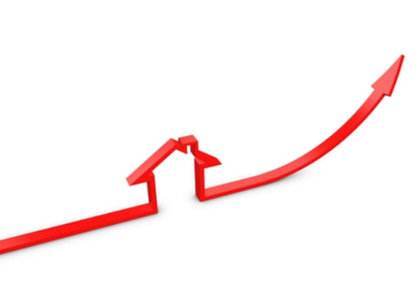September was a another strong month of home price growth in the Magic City, according to the latest Case-Shiller Home Price Indices.
Home prices in the Miami metropolitan area rose 14.5 percent year-over-year in September, according to the latest Case-Shiller Home Price Indices from Standard & Poor’s.
In addition, prices were up 0.8 percent from August to September, which was consistent with the Magic City’s monthly growth in the last index.
National Home Price Performance Remains High in September Case-Shiller
Nationally, the home price picture remained a very positive one:
- The U.S. National Home Price Index rose 3.2 percent in the third quarter of 2013, and in the last four quarters, the index has risen 11.2 percent.
- Both the 10- and 20-City Composites, according to S&P, rose 13.3 percent year-over-year in September, the highest annual gain for the Case-Shiller since Feb. 2006.
- On a monthly basis, the 10- and 20-City Composites were up 0.7 percent in September, with Detroit posting the strongest monthly gain of 1.5 percent; on the local level, there was a definite price slowdown, with 19 of the 20 cities showing lower monthly returns than in August.
- Still, 13 of the 20 cities did post higher yearly increases.
David M. Blitzer – Data Does Not Suggest Bubble
In comments accompanying the report, David M. Blitzer, the chairman of the Index Committee at S&P Dow Jones Indices, addressed the bubble fears that have swept the media in recent weeks.
“The strong price gains in the West are sparking questions and concerns about the possibility of another bubble,” he said. “However, the talk is focused on fear of a bubble, not a rush to join the party and buy. Moreover, other data suggest a market beginning to shift to slower growth rather than one about to accelerate. Existing-home sales weakened in the most recent report, home construction remains far below the boom levels of six or seven years ago and interest rates are expected to be higher a year from now.
“Housing,” he said, “continues to emerge from the financial crisis: the proportion of homes in foreclosure is declining and consumers’ balance sheets are strengthening. The longer run question is whether household formation continues to recover and if homeownership will return to the peak levels seen in 2004.”

